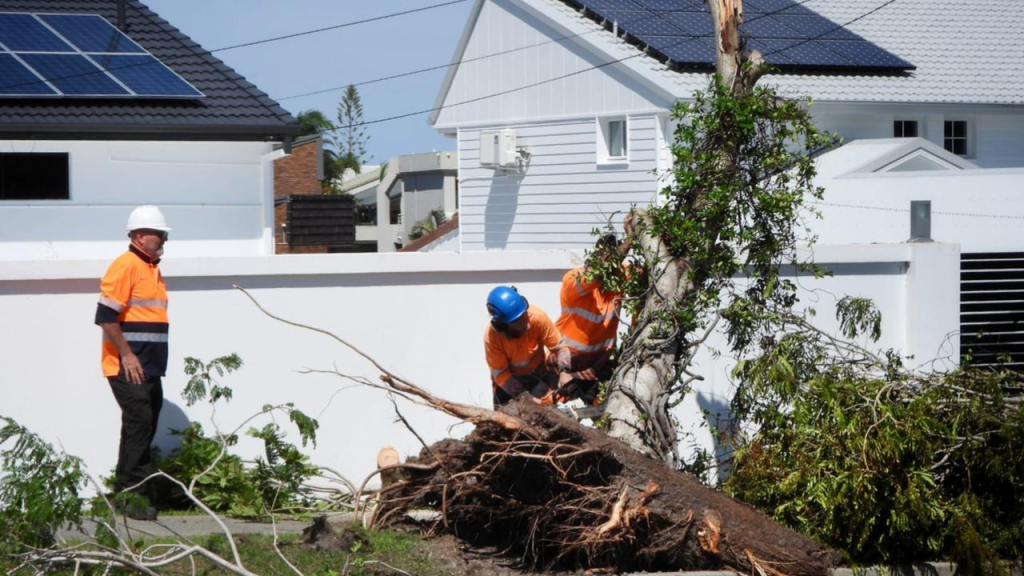With the commencement of the new year came a number of changes to government payments, subsidies and a new international free trade agreement.
Boost to government payments
Recipients of youth, student and carer allowances will benefit from a boost to their payments from January 1 after the indexation rate was raised to 3.5 per cent – the highest since 2012.
Youth Allowance payments for those living away from home will increase by $17.90 per fortnight to $537.40, while for those aged 18 or over living at home, it will be boosted by $12.40, raising their fortnightly payments to $371.60.
Older students on Austudy will also receive a $17.90 fortnightly boost, bringing those payments to $537.40.
Single parents with children will get an extra $23 per fortnight, bringing those payments to $688.20 every two weeks.
Increase to child care subsidies
This won’t apply until March however childcare fees will fall for wealthier families.
Families with more than one child aged five and under will get a higher subsidy for their second child and younger children.
The subsidy will increase by 30 per cent on March 7, providing families earning less than $354,305 with a maximum subsidy of 95 per cent of fees paid for their second and subsequent children.
Under these changes, a family earning $110,000 a year will have the subsidy for their second child increase from 72 to 95 per cent and will be $95 per week better off for four days of care.
Free trade agreement comes into effect
The world’s largest free trade agreement will come into effect on January 1, between Australia, China, Japan, New Zealand, South Korea and the ten Association of Southeast Asian Nations (ASEAN) nations.
It is significant because of the number of countries signed up to it, which account for almost one-third of the world’s population and Gross Domestic Product (GDP). It simplifies rules of origin and other trading standards, and contains a single set of rules and procedures for exporters to use the agreement’s preferential tariff measures across the region and increases opportunities for businesses to access regional value chains.
Better support for disabled veterans
From January 1, the disability pension for totally and permanently incapacitated veterans will be renamed the Disability Compensation Payment to reflect the fact that it is not an income support pension but is instead a compensation payment.
The payment will also be simplified, including changes to the disability income rent test so severely disabled veterans don’t receive less rent assistance than those with lesser disabilities because of the amount of compensation they receive.
The Defence Force Income Support Allowance (DFISA) will be abolished but no veteran will be worse off, with some private renters possibly receiving more than they did previously.
The changes had previously been expected to come into effect from September 20 but were brought forward.






